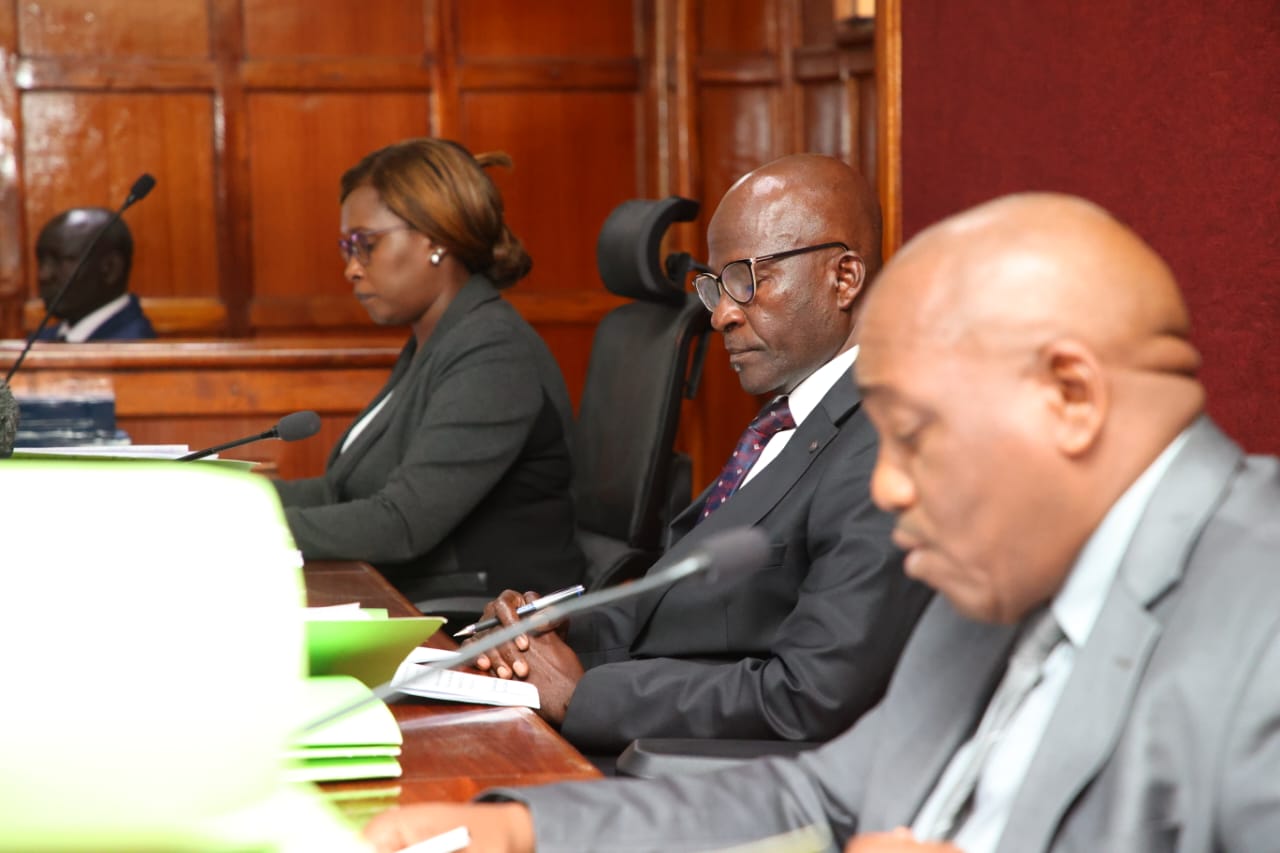
Impeached DP Gachagua’s plea for judge recusal denied

In a pivotal ruling, the three-judge bench composed of Justices Freda Mugambi, Eric Ogola, and Anthony Mrima declined to recuse themselves from hearing an impeachment case filed by former Deputy President Rigathi Gachagua.
Gachagua, who was impeached amid growing political tensions, sought to challenge the bench’s impartiality, contending that they should disqualify themselves from presiding over his impeachment proceedings.
However, the High Court firmly dismissed his application, setting the stage for continued deliberations over the pending swearing-in of Prof. Kithure Kindiki as the newly appointed Deputy President.
The ruling, read by Justice Ogola, cited four critical reasons for rejecting Gachagua’s application for recusal: constitutional principles of recusal, the impartiality required by the judiciary, the threshold for bias in legal settings, and the merit of Gachagua’s specific application.
According to Justice Ogola, the court found the application insufficient in meeting these established legal benchmarks.
“Having rendered ourselves, we wish to restate, given the public interest in this matter and the need for expeditious coping with the urge to balance the interest of both parties, we give further directions on the way forward. The applications for recusal are hereby disallowed,” Justice Ogola asserted.
Despite the setback, the court acknowledged Gachagua’s right to appeal its decision, granting him a critical pathway to continue contesting the bench’s impartiality through higher judicial channels if he so chooses.
This provision offers a potential avenue for Gachagua’s legal team to further advocate for his claims in subsequent court proceedings.
In a concurrent directive, the court announced that the application challenging the conservatory orders preventing Prof. Kindiki’s swearing-in would proceed on October 29 at 10 a.m.
The delay in swearing-in due to these legal proceedings underscores the high stakes involved and the widespread public interest in resolving this political standoff.
In preparation for the upcoming hearings, the court granted Gachagua’s lawyers, as well as the respondents, five days to file amended petitions.
This stipulation ensures both parties have an opportunity to refine their arguments as they approach the critical hearing date.
The October 29 session is anticipated to mark a decisive moment, with the judiciary poised to address the legal and political implications of Gachagua’s impeachment and the impending installation of Prof. Kindiki.
Given the complex intersection of political leadership and judicial oversight, this hearing will likely draw significant public attention, spotlighting the judiciary’s role in navigating high-profile constitutional cases.

